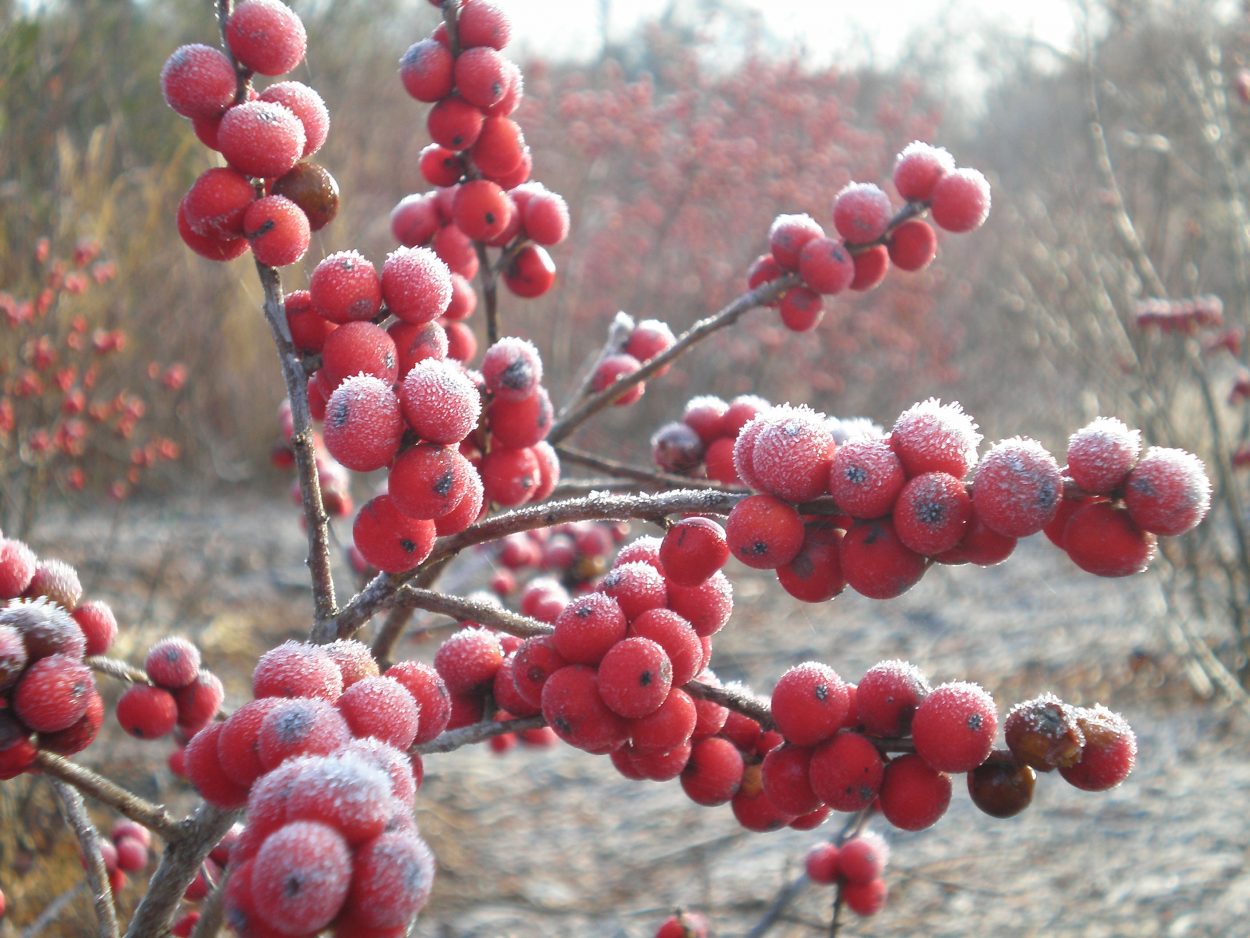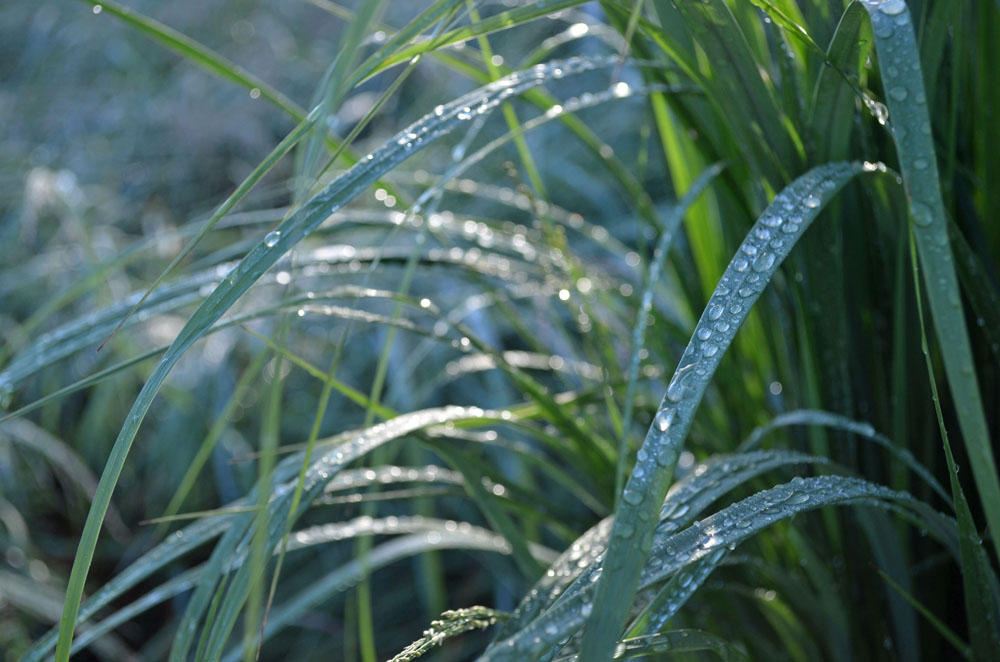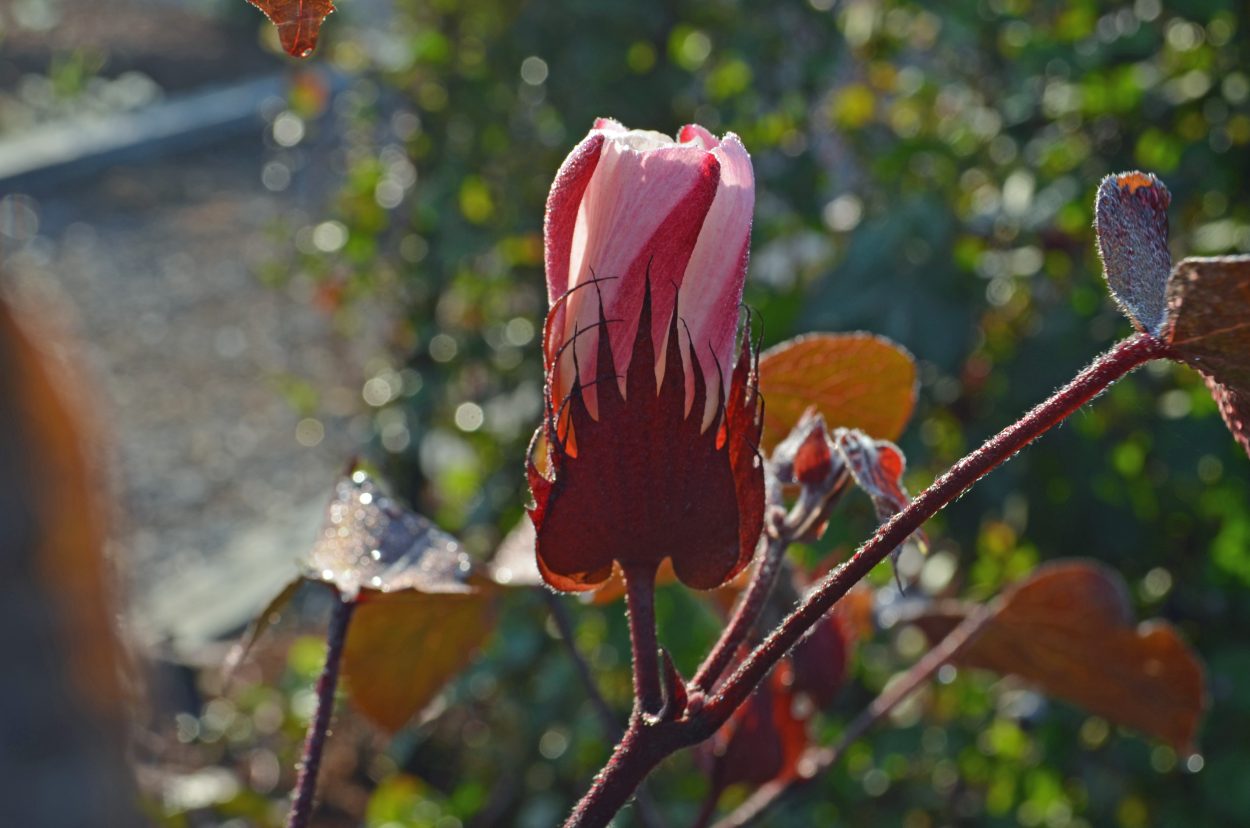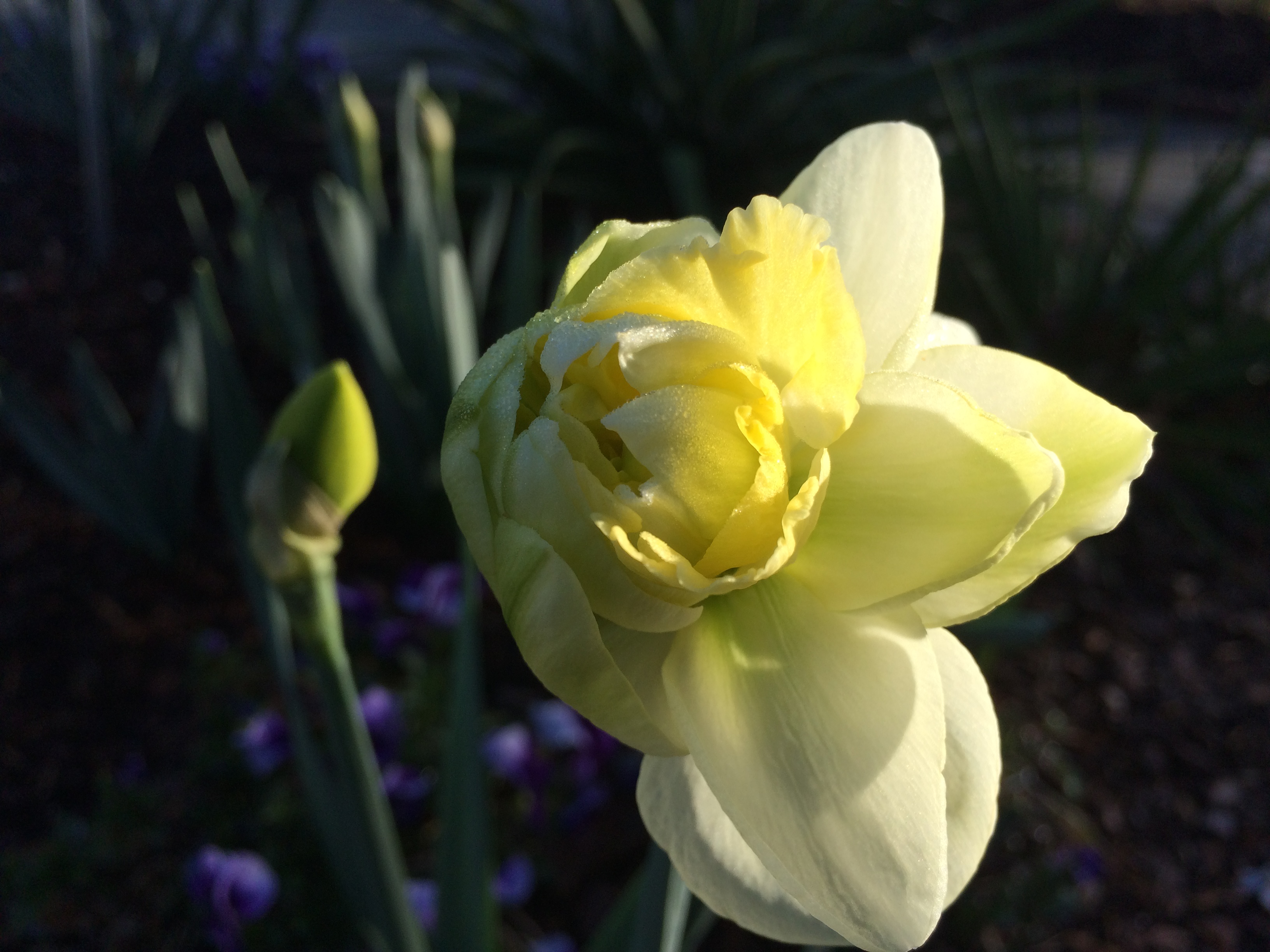Forest Bathing

Medical science is discovering that there is some serious science behind the health benefits of nature.
Updated 1/17/17
Awash in the Health Benefits of Nature
My mother was right. She may not have known why, but she was right. When she sent me outside to play with my brothers and get some fresh air and sunshine, she wasn’t just brokering a bit of peace and quiet for herself. It was good for us and she knew it. Now, medical practitioners are discovering that there is some serious science behind the health benefits of nature. Whether we’re pitching a tent, pulling weeds, passing through a park or just peering out the window, something chemical happens that causes real, measurable changes in our physical and mental well-being when we spend time outdoors.
The Japanese call the phenomena “forest bathing” or Shinrin-yoku, which translates “taking in the forest atmosphere.” Forest bathing means immersing yourself in nature — letting the peaceful majesty of the outdoors wash over you as you soak in the sights, sounds and smells of the natural world. Japan’s Ministry of Agriculture, Forestry and Fisheries coined the term in 1982, giving credence to a fitness trend which has since spread to other cultures, including the United States. Enthusiasts say that they experience lower stress levels, improved working memory, elevated mood and greater immune function when communing with nature. Ben Page, certified forest therapy guide in California who specializes in the health benefits of nature, explains this outdoor experience in a recent Washington Post article:
“So whereas a nature walk’s objective is to provide informational content and a hike’s is to reach a destination, a Shinrin-yoku walk’s objective is to give participants an opportunity to slow down, appreciate things that can only be seen or heard when one is moving slowly, and take a break from the stress of their daily lives.”
The same article cites a 2010 study that measured lower blood pressure, reduced heart rates and diminished levels of the stress hormone cortisol in subjects who practiced forest bathing.
It’s Only Natural
It’s not hard to understand man’s affinity for nature. We are made of the same stuff, after all. A National Geographic story called “This is Your Brain on Nature” describes the effect:
A 15-minute walk in the woods causes measurable changes in physiology. Japanese researchers led by Yoshifumi Miyazaki at Chiba University sent 84 subjects to stroll in seven different forests, while the same number of volunteers walked around city centers. The forest walkers hit a relaxation jackpot: Overall they showed a 16 percent decrease in the stress hormone cortisol, a 2 percent drop in blood pressure, and a 4 percent drop in heart rate. Miyazaki believes our bodies relax in pleasant, natural surroundings because they evolved there. Our senses are adapted to interpret information about plants and streams, he says, not traffic and high-rises.
Psychologist Erich Fromm called the connection “biophelia,” which means “the passionate love of life and all that is alive.” Biophelia is a love that is rooted in our biology. The term comes from the word philia, meaning a strong feeling of love, and bio, or life. It helps explain some of the health benefits of nature — like why Post-Traumatic Stress Disorder patients often respond to therapy dogs. And it makes sense of our passions for kayaking, hanging out in a tree-hung hammock or keeping house plants. Architects use the principles of biophelia to design the health benefits of nature into our living spaces when they add windows, sky lights, fireplaces, living walls and water fountains. A Terrapin Bright Green study found surgery patients heal more quickly in a room with a view, students grades improve when they have access to green space, and absenteeism falls in biophilic work spaces.

Something as simple as a morning breeze combing through grass in the Garden might have an impact on our well being.
Good Cop, Bad Cop
Plants protect themselves by releasing chemicals called phytoncides, which defend against bacteria, fungi and insect infestation. Those same chemicals may provide health benefits for humans. The New York State Department of Environmental Conservation sites studies that conclude, the number of white blood cells in our bloodstream, called natural killer cells or NK cells, increases when we inhale phytoncides. NK cells are responsible for fighting infection and autoimmune disorders, reducing inflammation and are may even contribute to a lower risk of cancer. The same chemicals that are harmful to plant pests might be just what the doctor ordered for us.

The chemicals that plants produce to protect themselves from fungus and bacteria, called phytoncides, can help fight infection and autoimmune disorders in humans.
Putting Me in My Place
Nature, a mother herself, knows what’s best for us. She calls us outdoors and showers us with the nurturing waters of her creation. This gentle earth, and the part of it that we call Lewis Ginter Botanical Garden, is much more than just a pretty place. It is an exquisite circle of synchronicity.

